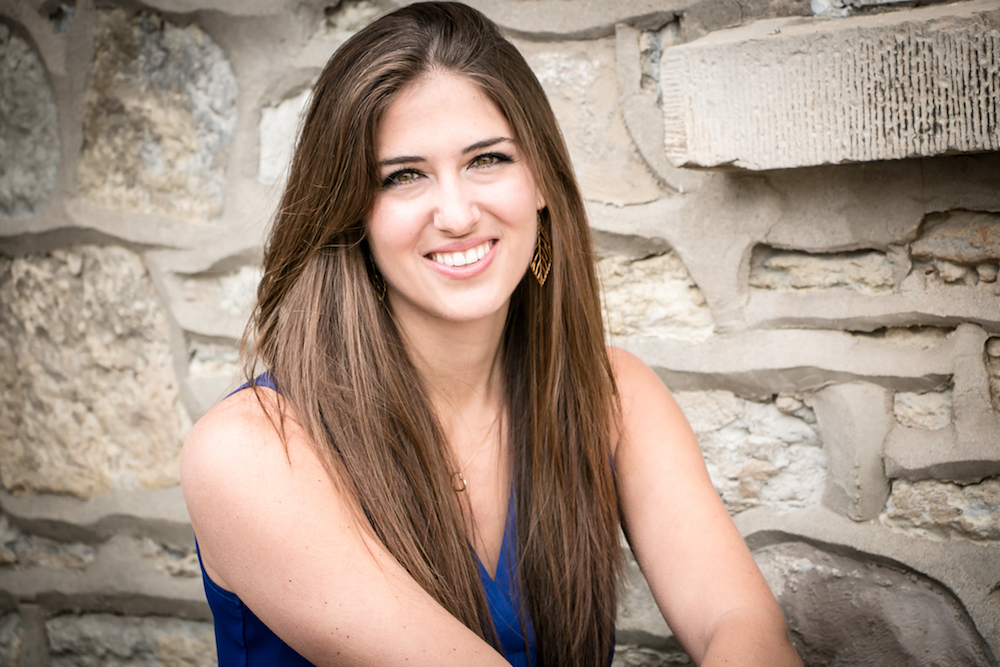
Teens, Resilience and Why Your Brain Resists Change
Research shows a huge part of developing resilience is having supportive people in our lives. Yet, people often struggle with the idea that they aren’t worth the effort, or anyone’s time, so believe that no one is going to be available to help. Well, psychotherapist and author, Cheryl Bradshaw is here to help and show us how we can actually, intentionally, get in our own way to create more positive outcomes by actively breaking down the barriers that keep us from living our best lives.
Through developing our resilience muscle, we can learn to tolerate some of the discomfort that comes with being human. Instead of avoiding, or speeding past all of the emotional discomfort in our lives, we are able to sit with, feel and experience the often difficult emotions that arise. We learn to choose not to run away, and that in turn builds our strength and ability to do so.
The Resilience Workbook for Teens: Activities to Help You Gain Confidence, Manage Stress, and Cultivate a Growth Mindset, along with Cheryl’s earlier book, How to Like Yourself, help us to understand direct discomfort versus indirect discomfort, rabbit holes, thought traps, good stress, bad stress and the complexities of the brain’s schemas – state dependent webs. She takes us to the “brain gym” to actively work on making new connections to fire together and wire together. We create positive new associations that are equally true – that our brains previously did not believe – those positive elements in our lives and those amazing qualities we embody, our unique abilities, talents and accomplishments, including those we all share merely from the virtue of being human.
Join us, Ellie Newman, host of the thought-provoking podcast, That Got Me Thinking, and psychotherapist and author, Cheryl Bradshaw, as the conversation turns to embracing who you are, bouncing back from adversity and achieving your full potential.
